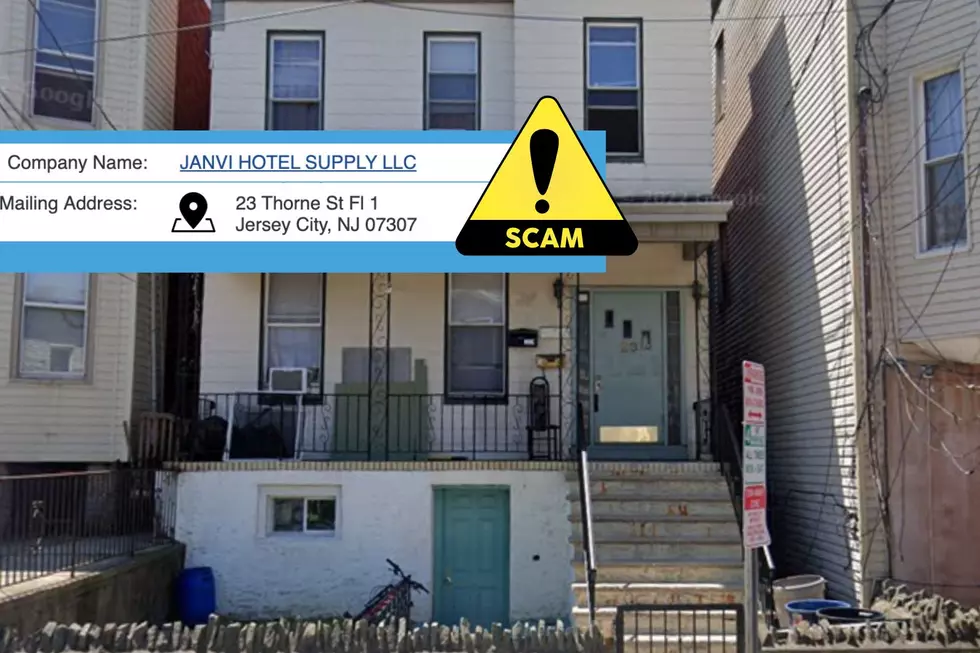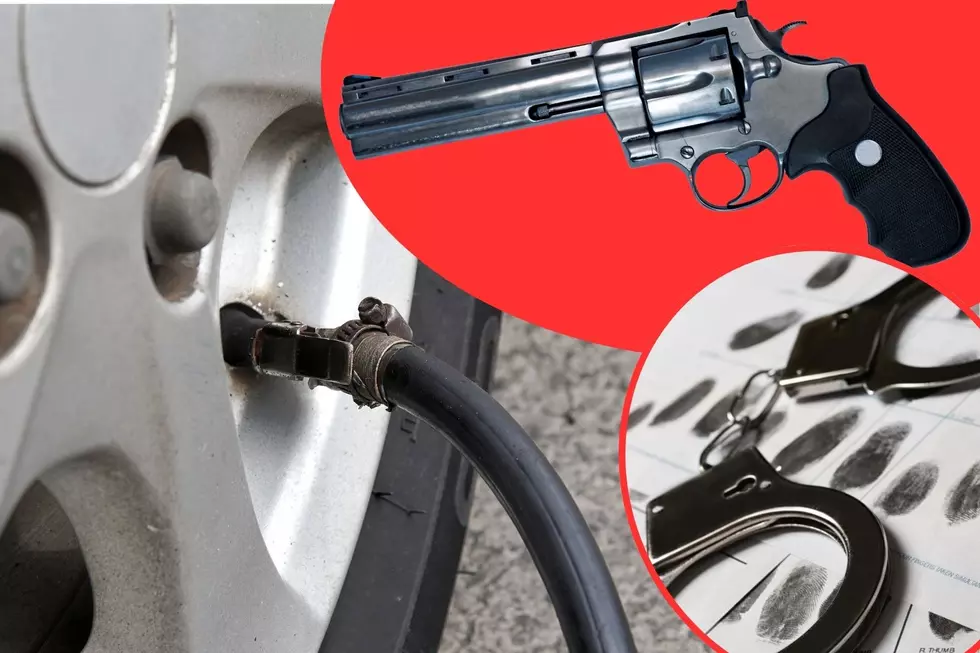
NJ State Police not ready for possible 183K weed expungements
The New Jersey courts’ chief administrator says the judiciary will be ready for a potential surge of 180,000 people applying to delete marijuana convictions from their criminal records, if the Legislature provides a path to easier expungements as part of legalizing the drug for recreational use by adults.
The New Jersey State Police, apparently not so much.
Judge Glenn Grant said the courts have the technological capability to delete judicial records for convictions of specific crimes and could have them ready for erasure in nine to 12 months. But arrest records – copies of police complaints, fingerprints, etc. – are operated separately by the State Police.
“Just like we did the 800,000 dismissals of municipal complaints and bench warrants, the judiciary has the capacity to dismiss cases that would be expunged,” Grant said at a Tuesday hearing of the Senate Budget and Appropriations Committee, which followed a similar Assembly hearing last week.
“The concern is really State Police,” Grant said. “State Police are the archivist for criminal record history, and they go in and do an exhaustive search of a person’s application. And so they would probably need staffing and maybe even technological assistance.”
Grant said an electronic process for filing for expungements should be ready by early next year for graduates of the state’s drug courts, which will eliminate procedural steps now done manually. He said a similar process can be put in place for marijuana expungements, if that were to be approved.
Depending of which charges are included in the legislation, the judiciary could potentially see approximately 183,265 marijuana-related petitions filed over the next several years. Last year, before an expungement expansion that went into effect last year, less than 12,000 were filed.
That estimate covers the number of marijuana-related convictions from the last five years – 134,450 in total – and nearly 49,000 cases pending in municipal and criminal courts.
Attorney General Gurbir Grewal said “the expungement process is a difficult one” that won’t get accelerated just because the Administrative Office of the Courts adopts an expedited expungement.
“That’s just on the AOC’s side of it. So they can give us a list of individuals with charges that should be expunged, but unfortunately the reality is the work that’s then done by the expungement unit at the State Police has to sometimes be very manual and tedious,” Grewal said.
“Until and unless we ever get to a place where all of those talk to each other – because they’re not all state systems, right? We have to go into national databases, pull fingerprints. We’ve got to go to different databases to pull different pieces of information,” Grewal said.
“And so even with the changes that were enacted over the past several years to expand expungement, from ex parte expungements to regular expungements to drug court expungements, we now have a five-month backlog in expungements,” he said.
The proposed state budget projects $21 million in increased state administrative costs associated with marijuana legalization, including $8 million in start-up costs and $13 million in annual expenses. Some of that, presumably, would bolster the State Police’s expungement unit.
“We do need additional funding. I think it’s contemplated in the budget we put forward,” Grewal said. “If there is additional categories of expungement that are added to include the marijuana expungements, which will increase that workload, we’ll need more resources.”
State Sen. Paul Sarlo, D-Bergen, who doesn’t support the marijuana legalization bill, indicated that the related expungement legislation would go forward even if legalization remains stalled in May. He also said expansions and improvements to the medical marijuana program should advance either way.
“I think we all realize with or without the recreational marijuana piece, there is still going to be some sort of expungement bill coming from the Legislature,” Sarlo said.
The expungement and medical marijuana legislation are currently linked in a three-bill package with recreational, adult-use marijuana. Plans for a vote in late March were scuttled, and the bill might be tweaked for a vote next month.
Grant said the standard $75 fee for filing expungement applications should be waived, as was envisioned in the bill that stalled in March.
“Our recommendation would be, if the Legislature and the governor comes to an agreement, that you waive the filing fee for this,” Grant said. “As you talk about social justice reform and allowing these people to get a fresh start, we think that there shouldn’t be one.”
A law signed in December 2017 by then-Gov. Chris Christie expanded the categories of convictions for criminal, disorderly persons, and petty disorderly persons offenses that qualify for expungement of an individual’s criminal records. It also shortened waiting periods and eliminated a requirement that a person must first fully pay off court-ordered fines and other financial obligations.
That law took effect Oct. 1, 2018. Through February, 10,216 expungement petitions had been filed during the first eight months of the court year, with potentially 15,000 anticipated between March and June. In the 2018 court year, 11,707 expungement petitions were filed.
Petitions are scheduled before a judge within six to eight weeks of being filed, but delays at county prosecutor’s offices or the State Police add two to six months to the process, the judiciary said.
So far, just over half of the people granted an expungement despite still owing money toward court-ordered financial obligations continued to make voluntary payments, without the intervention of the court’s enforcement program.
New Jersey: Decoded cuts through the cruft and gets to what matters in New Jersey news and politics. Follow on Facebook and Twitter.
Michael Symons is State House bureau chief for New Jersey 101.5 and the editor of New Jersey: Decoded. Follow @NJDecoded on Twitter and Facebook. Contact him at michael.symons@townsquaremedia.com
More From New Jersey 101.5 FM









